Red Hat OpenShift
Red Hat® OpenShift® is a trusted, comprehensive, and consistent platform to develop, modernize, and deploy applications at scale, including today’s AI-enabled apps. Innovate faster with a complete set of services for bringing apps to market on your choice of infrastructure.

What's new in Red Hat OpenShift?
Red Hat OpenShift 4.19, based on Kubernetes 1.32 and CRI-O 1.32 releases, is now Generally Available (GA).
A unified perspective
The OpenShift 4.19 release streamlines the user experience and adds new developer features. A key update consolidates the Administrator and Developer perspectives into a single default view within the OpenShift console, creating a more comprehensive and cohesive interface for all tasks. This change simplifies navigation and allows developers and administrators to manage their environments from one unified screen.
The update introduces significant enhancements to various tools:
- Red Hat OpenShift Dev Spaces 3.21 now supports multiple GitLab OAuth providers and offers new configuration options for administrators to customize editor setups using ConfigMap.
- Red Hat OpenShift Lightspeed, a generative AI-powered chat assistant, is now generally available. It provides a chat interface in the OpenShift Web console to assist users with OpenShift-related questions and tasks, such as inspecting pod resources, making it easier for developers to get quick answers and support.
- For virtualization and data management, Red Hat OpenShift Virtualization now migrates multiple virtual machines simultaneously, even between different storage classes. This feature streamlines complex migration processes and improves efficiency for managing virtualized workloads.
- Other components like Red Hat OpenShift Pipelines, Red Hat OpenShift GitOps, Red Hat OpenShift Serverless, and Red Hat OpenShift Service Mesh also include various updates and new features, some of which are in Technology Preview.
OpenShift 4.19 offers a more integrated user experience and a suite of updated tools designed to improve developer productivity and operational efficiency. From a unified console view to new AI assistance and enhanced virtualization capabilities, this release provides a powerful and comprehensive platform for cloud-native application development and management.
For a comprehensive list of all new features, see the OpenShift 4.19 release notes or What’s new for developers in Red Hat OpenShift 4.19.
Get started with Red Hat OpenShift 4.19
The Red Hat Developer Sandbox provides free access to a shared OpenShift cluster for your development needs so you don’t have to set up and configure an OpenShift cluster. After you sign up, explore OpenShift and Kubernetes further through hands-on, interactive learning content.
You can also explore OpenShift Container Platform capabilities and try it for the cloud footprint of your choice.
